COVID deaths leave thousands of U.S. kids grieving parents or primary caregivers

Enlarge this image
COVID-19 survivors gather in New York and place stickers representing lost relatives on a wall, in remembrance of those who’ve died during the pandemic.
Stefan Jeremiah/AP
hide caption
toggle caption
Stefan Jeremiah/AP

Shots — Health News
CDC: Childhood Trauma Is A Public Health Issue And We Can Do More To Prevent It
It’s a situation that calls for urgent action, Hillis notes. These children need «understanding, help, support,» she says. And it’s important «to ensure that they have a safe and loving family to continue to support their needs and nurture.»
And, just as COVID-19 has killed more people in communities of color, children in these communities are the most impacted by loss of parents and primary caregivers.
«65% of all children experiencing COVID-associated orphanhood or death of their primary caregiver are of racial and ethnic minority,» says Hillis. «That is such an extreme disparity.»
The study defines orphanhood as the death of one or both parents. The study also tracked the loss of caregiving grandparents.
And if you look more closely at individual groups — American Indian and Alaska Native children were 4.5 times more likely to have lost a primary caregiver compared to white children. Black children were 2.4 times more likely and Hispanic children almost twice as likely.
Losing a parent or caregiver in childhood is a significant trauma. The study notes that this type of adverse childhood experience «may result in profound long-term impact on health and well-being for children.»
«Adverse childhood experiences are associated with increased risks of every major cause of death in adulthood,» says Hillis.
And in the short term, the impact of losing a parent or primary caregiver can lead to mental health crises for kids, including increased suicide risk, Hillis says, and «increased exposure to sexual, physical and emotional violence and exploitation.»
And in terms of life outcomes, a body of earlier research shows that losing a parent can put kids at a higher risk of economic, food and housing insecurity.

Shots — Health News
Childhood Trauma And Its Lifelong Health Effects More Prevalent Among Minorities

Shots — Health News
To Head Off Trauma’s Legacy, Start Young
This adds a new layer of risk to kids in communities of color, which are already disadvantaged.
These communities experience inequities in access to health care, housing, education, and other factors that contribute to children’s well-being, says Dr. Warren Ng, a psychiatrist at Columbia University who primarily works with kids in communities of color.
«The numbers don’t tell the full stories,» he says. «The full story is really in the lives and the affected future of these children and adolescents and their families.»
Mental health care providers who are seeing the mental health impacts of the pandemic on kids say these losses are particularly traumatic. Ng says even grieving has been difficult for them — many didn’t even get to see their parents or grandparents in the hospital, or say goodbye.
«One of the things that’s unique about the pandemic is that it’s also not only deprived us of a loved one, but it’s also deprived us of our opportunities that come together, so that families can heal, [and] support one another in order to really get through the most difficult times of life,» he says.
The study authors also call for policy action. «What we are proposing is that there be serious consideration to adding a fourth pillar to our COVID response, and that fourth pillar would be called care for children,» says Hillis.
This would involve finding resources and coming up with systems for «finding the children, assessing how they are doing and linking them to appropriate care,» she says, and strengthening economic support for families who care for the children.
The data highlighted here, especially the racial and ethnic inequities «really does demand an urgent and effective response for all children,» Hillis says.
- COVID-19 deaths
- childhood trauma












Комментарии 0